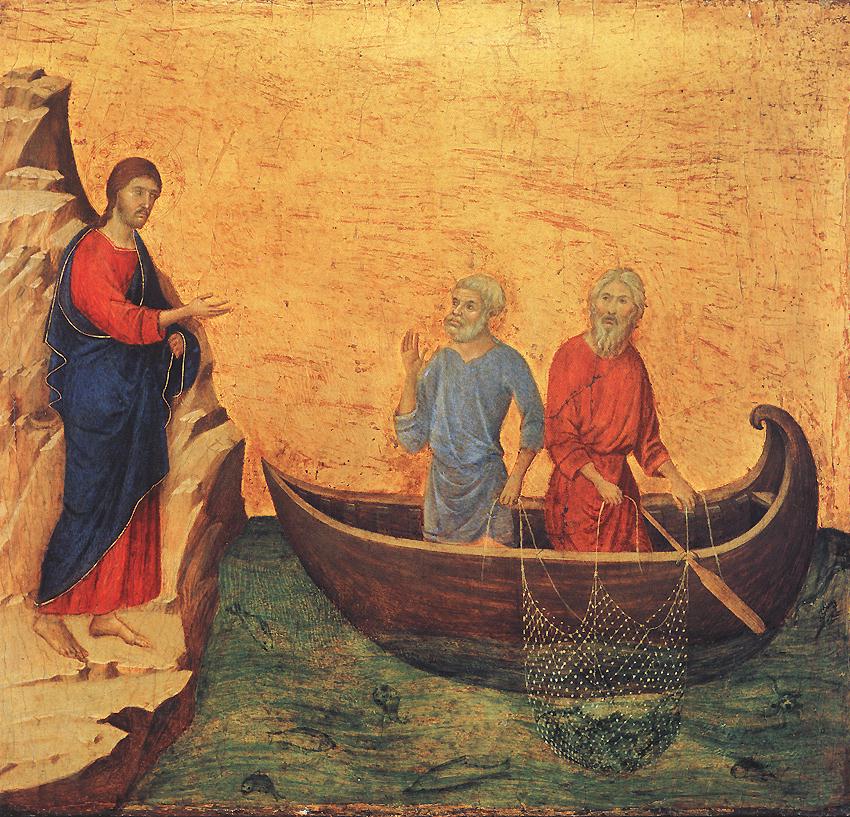II SUNDAY OF LENT: Gn 15:5-12,17-18
This Sunday's first reading is about Abraham, whom Paul calls "the father of all of us" (Ro 4:16) in faith.
Abraham has a big place in the history of religions, because with him we find the beginning of a new religious experience: his life was lived in a relationship with God based on faith.
We may ask what role faith played in his life, and in which way he is the prototype of all those who believe.
Abraham's experience of faith
If we look at Abraham (you can read Gn 12 - 23), we find some important points about faith:
- Abraham was called by God, and he answered that call. Faith implies always a call from God, and an answer on our side.
- God established a personal relationship with Abraham, which was a relationship of friendship, based on trust and love.
- God's call was accompanied of a promise - a promise that would come to fulfillment sometime in the future. Faith always directs our eyes towards the future, giving us a vision that makes it possible to move forward towards the unknown with trust, confidence and hope. Our hearts and our minds are not in the past, filled with sorrow and tears for the lost happiness; instead, we move towards the future, strengthened by hope and guided by faith.
- The relationship between God and Abraham was sealed with a covenant, meaning that he became binding on both sides, both God and Abraham. A covenant implies a commitment; and God swore by himself that the children of Abraham - the ones who live by faith - will be his people. Abraham committed himself to remain faithful to the covenant.
- From Abraham, we learn that faith is a journey: the journey of faith and the journey of life at the same time. In Abraham, we can see how he grew in faith throughout that journey. Abraham's faith was not perfect from the beginning; in fact, it took many years for him to realize that God has his own ways and his own time, and only at the end, he was able to surrender himself totally to God, putting his life and his future in the hands of God.
- If we look closely at Abraham, we discover that faith is not ignorance or blindness; instead faith goes together with the search of the mind that tries to understand. That's why Abraham inquired from God about the fulfilment of the promise. How is it going to happen? Humanly speaking, he could not see a way out. The attitude of search is part of a journey of faith. That search is guided by God himself and prepares us for a deeper understanding and a stronger commitment to surrender ourselves to Him who is love.
- In the life of Abraham and in the life of all those who followed in his footsteps, we can discover that God reveals himself in history, in the events that touch our lives and through the journey that each one of us travels.
Faith became the foundation of Abraham's life, giving direction and meaning to his life. He believed in God's promise. We are still guided by that Promise - the promise of a land where our hearts will find peace, because we will live in harmony with God and with all his creation.
"For us, our homeland is in heaven, and from heaven comes the saviour we are waiting for, the Lord Jesus Christ, and he will transfigure these wretched bodies of ours into copies of his glorious body." (Phil 3:20).





